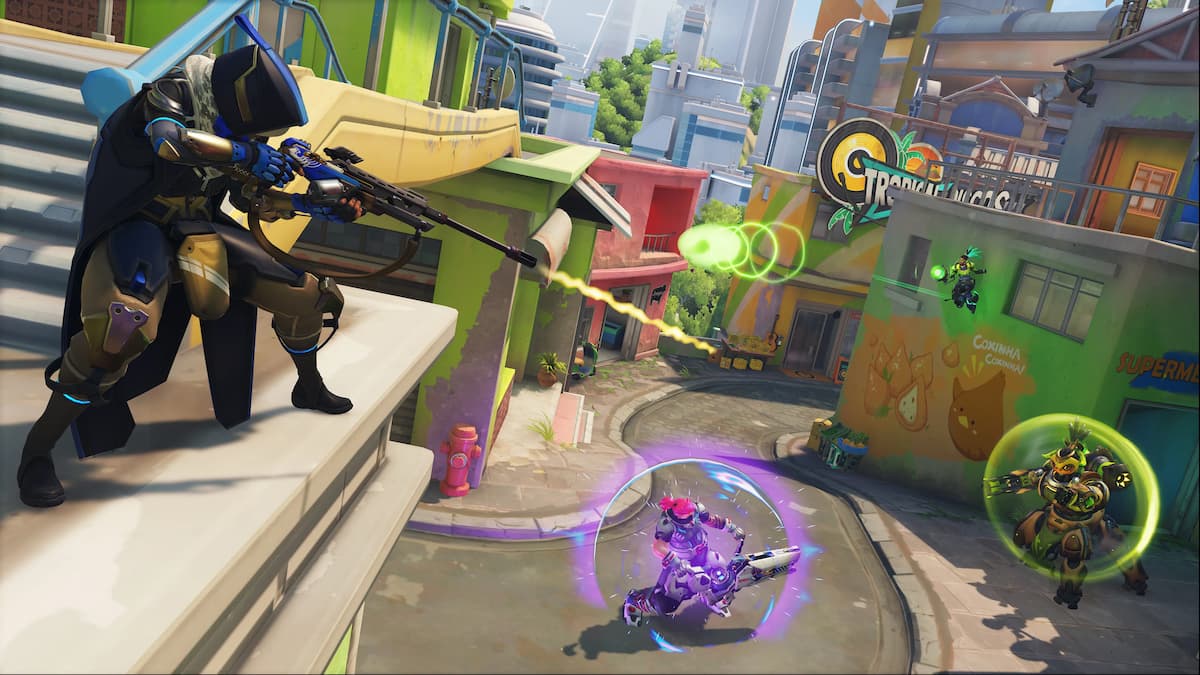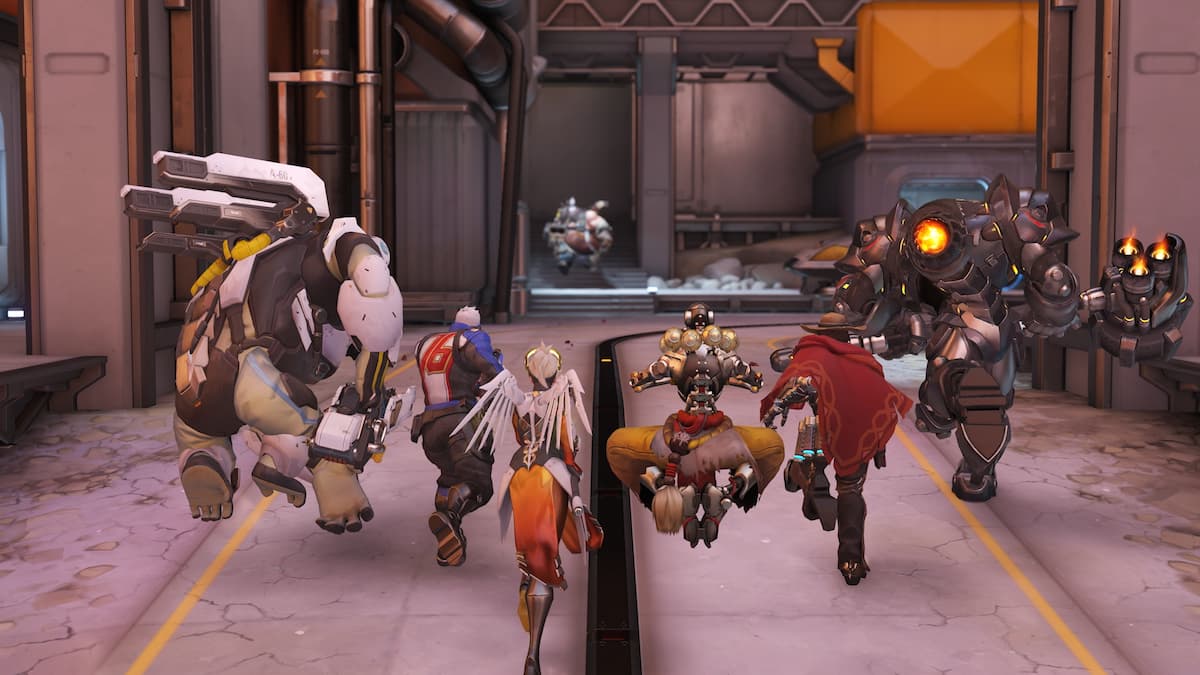One thing the Overwatch 2 community isn’t shy about is sharing their thoughts about the state of the game with developers. While most of us likely wish they’d do so in a bit more constructive manner instead of yelling into the void, the team behind the game wants players to know that they’re listening to the given feedback.
Game director Aaron Keller posted a Developer Update blog today that included some reflections on the previous season of Overwatch 2. He also hinted at key changes that will be coming in season three, which is projected to start on Feb. 7.
The biggest gripe in the community throughout the past nine weeks has been about the state of competitive mode. Players often felt that games weren’t evenly matched, leaving one team at a disadvantage over another. The good news, according to Keller, is that the team will be implementing some ranked changes next season and “quite a few more” in season four, projected to start in early April.
Since swapping heroes is often a key part of Overwatch 2, the development team added a passive that lets players retain 30 percent of their ultimate charge when they change heroes. This will be lowered to 25 percent as part of a “tuning pass” in season three.
Another major issue in season two was the reign of Roadhog, who tore through ranked games and arcade modes alike with his one-shot Chain Hook combo. He was given a significant nerf on Jan. 24 that diminished that one-shot potential, but hero designer Alec Dawson said the changes took so long due to bugs that disabled hotfixes to certain heroes.
Keller noted in his Developer Update that all of those bugs have been fixed and the team now has the “full ability to fill in” changes between the usual initial and midseason patches.
He also said the team is well aware of feedback regarding the one-shot potential of heroes and their less fun mechanics, but only offered a cryptic paragraph about the nuance involved in making changes to heroes.
While none of this is exactly groundbreaking news for Overwatch 2 critics, it does show that the development team is listening and trying to make changes as they’re needed.












Published: Jan 27, 2023 02:53 pm